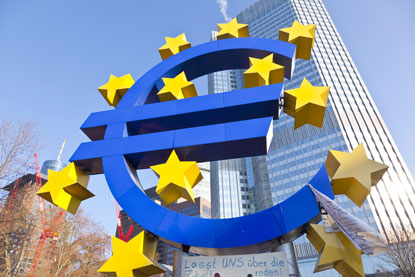The package, comprising the next EU seven-year budget and the €750bn Covid-19 recovery fund, had stalled because of a disagreement over whether access to the money should depend on meeting rule of law conditions.
Initial proposals would have seen countries that failed to meet conditions relating to the independence of the judiciary, media, academia and other aspects of civil society being denied money from the union budget.
Poland and Hungary – both of which are being investigated by the EU for undermining the rule of law – had objected because they believed it targeted them unfairly.
Charles Michel, President of the European Council, which is made up of the 27 EU heads of state, said a “marathon” meeting was needed to overcome the hurdle.
The Council agreed the EU budget “must be protected against any kind of fraud, corruption and conflict of interest”, and that the objectives of rule of law conditions are sound.
The heads of state added in a joint statement that the application of the conditions “will be objective, fair, impartial and fact-based, ensuring due process, non-discrimination and equal treatment of member states”.
They also agreed that action taken “will have to be proportionate to the impact of the breaches of rule of law”; and that the “links between such breaches and the negative consequences on the union’s financial interests will have to be sufficiently direct and be duly established”.
“The mere finding that a breach of the rule of law has taken place does not suffice to trigger the mechanism,” the statement explained.
In order to ensure that these principles will be respected, the statement read, guidelines on the application of the conditions will be developed “in close consultation with the member states”, and no action on the conditions will be taken until those guidelines are finalised.
Polish vice president Jarosław Gowin, who had been pushing for a compromise rather than for his country to veto the package, said: “It is possible to uphold both Poland’s sovereignty and a united Europe, as well as guarantees of our independent rights and the hundreds of billions owed to us from European funds.”
Despite the apparent climbdown from the bloc’s initial position, Dutch prime minister Mark Rutte said the direct link between the EU budget and the principles of the rule of law made the compromise “truly a historic result”.
Michel said it was important to avoid the veto, which would have led to the EU adopting an emergency budget.
“It’s an important step to ensure we have the necessary financial means to pursue our climate transition, our digital transition and to stay strong because we know Covid-19 is a shock for everyone and it requires we act together, while upholding our values,” he said.














